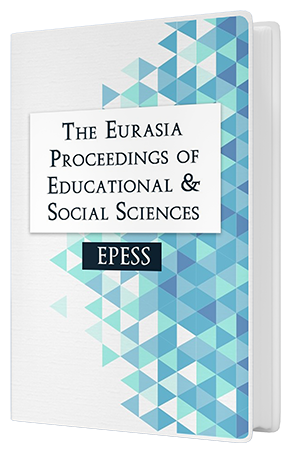POSSIBILITY OF USING SOMATOSENSORY VIDEOGAMES TO PROMOTE ZERO HOUR PHYSICAL EDUCATION IN ELEMENTARY SCHOOLS IN TAIWAN: A QUALITATIVE PERSPECTIVE
Keywords:
Somatosensory videogames, zero hour physical education, Xbox 360 kinectAbstract
The purpose of study is to explore how the somatosensory videogames effecting life-effectiveness and its influence on schoolchild’ social networking on a zero hour physical education sessions in Taiwan. Participants in this study were students, teachers, and parents in two elementary schools in northern and central Taiwan. Students were voluntarily agreed to complete 30-minute Xbox 360 Kinect game one time a week for total of 4 weeks. Semi-structured interviews were conducted to collect information from participants regarding their subjective attitude and experience about life-effectiveness, team collaboration, and gaming pleasure during somatosensory videogame sessions. Participant observations were also conduct to understand their real behaviors, feelings and interactions during this zero hour physical education session. The results showed that using the somatosensory videogames could positively arouse their self-awareness and competitive attitudes. In addition, the scores in the somatosensory videogames could have equivocal effects on the team collaborations of students due to the social relations in their real life. The results of the study help us to understand how the somatosensory videogames is a tool to construct the social interactions and life-effectiveness on elementary school students in real life. It is worth to develop zero hour physical education classes in elementary schools in Taiwan.Downloads
Published
Issue
Section
License
Copyright (c) 2015 The Eurasia Proceedings of Educational and Social Sciences

This work is licensed under a Creative Commons Attribution-NonCommercial-ShareAlike 4.0 International License.
The articles may be used for research, teaching, and private study purposes. Any substantial or systematic reproduction, redistribution, reselling, loan, sub-licensing, systematic supply, or distribution in any form to anyone is expressly forbidden. Authors alone are responsible for the contents of their articles. The journal owns the copyright of the articles. The publisher shall not be liable for any loss, actions, claims, proceedings, demand, or costs or damages whatsoever or howsoever caused arising directly or indirectly in connection with or arising out of the use of the research material. All authors are requested to disclose any actual or potential conflict of interest including any financial, personal or other relationships with other people or organizations regarding the submitted work.




